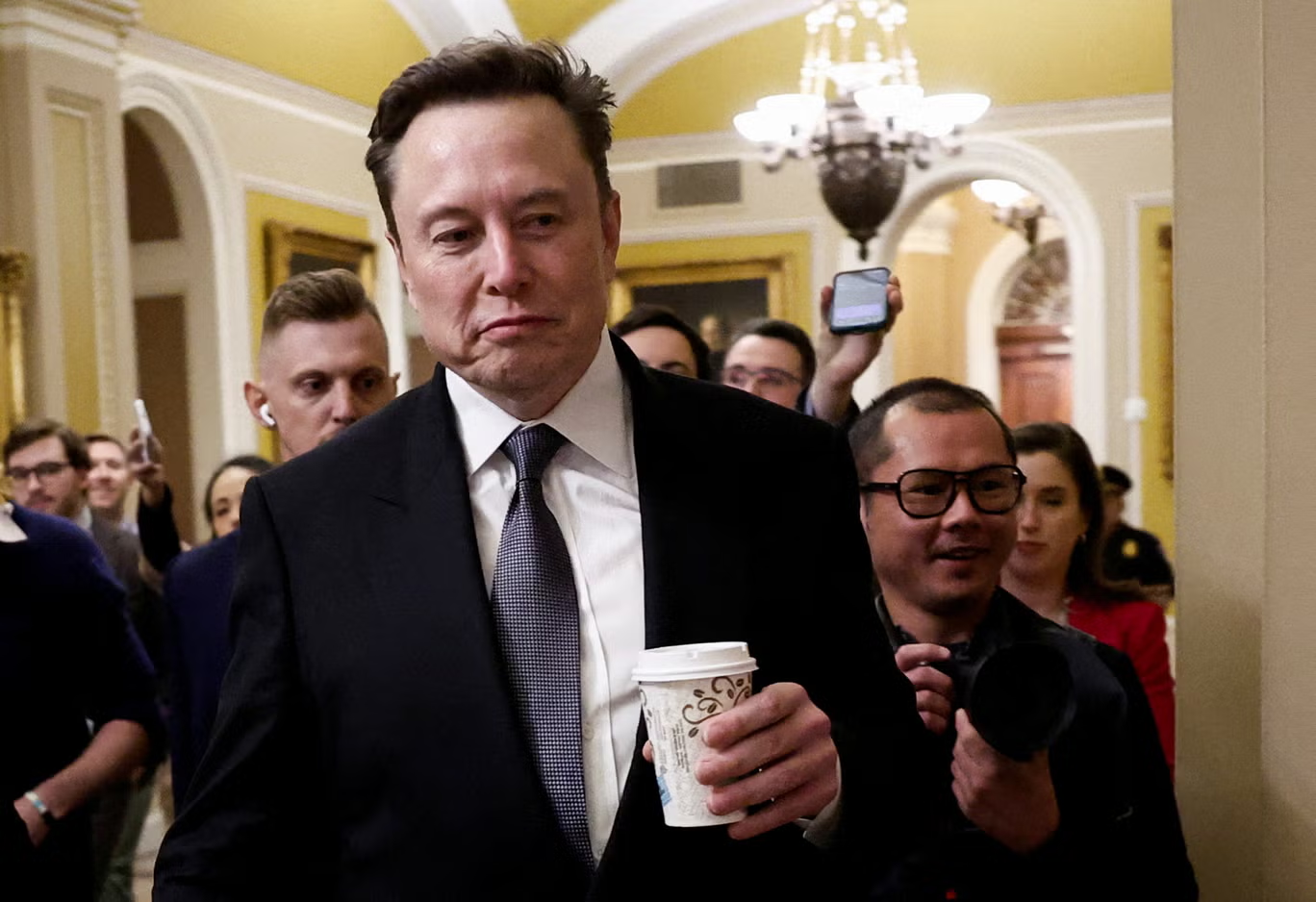The Biden administration has moved forward with substantial Chips Act grants for TSMC and GlobalFoundries, securing funds before President-elect Trump’s inauguration. However, Trump and a GOP-led Congress have criticized the policy, threatening its future.
Chips Act Funding: Boost for Domestic Semiconductor Manufacturing
The Chips Act, a cornerstone of the Biden administration’s tech agenda, allocated $280 billion to reduce the United States’ reliance on foreign-made semiconductors. Key beneficiaries like TSMC, GlobalFoundries, and Intel have been awaiting these funds as they plan to build domestic facilities that can produce advanced chips.
The policy’s urgency stems from a critical dependence on Taiwan and South Korea, two countries with advanced semiconductor capabilities. With geopolitical tensions rising, the need to establish a local semiconductor ecosystem has only intensified.
Major Funding Allotted to TSMC and GlobalFoundries
According to reports from Reuters and Bloomberg, TSMC, GlobalFoundries, and another undisclosed company have finalized agreements to receive billions in federal funds, marking a significant step toward securing America’s tech future. These funds will help build new manufacturing sites across the country, potentially transforming the US semiconductor industry.
TSMC is set to receive a $6.6 billion grant and a $5 billion loan to build a cutting-edge 2nm fab in Arizona. GlobalFoundries, meanwhile, has been granted $1.5 billion to expand its New York and Vermont facilities.
Trump Administration’s Stance on the Chips Act
President-elect Trump has expressed strong reservations about the Chips Act, stating that he prefers tariffs over subsidies to incentivize domestic production. Trump has argued that while subsidies are costly, tariffs would better protect American industries and support national security.
Trump’s position threatens the Chips Act, with Republican leaders suggesting they may limit or outright repeal portions of the legislation. Although House Speaker Mike Johnson initially opposed the Chips Act, he has since softened his stance, indicating a possible compromise.
Semiconductor Leaders Await Funds as Delays Mount
Delays have plagued the Chips Act since its inception. While companies like Intel have negotiated massive awards, much of the funding remains frozen. Intel’s anticipated $8.5 billion, announced in March, has yet to reach the company. Similarly, about 40 percent of the overall funds have encountered setbacks, and some delays are indefinite.
Despite these challenges, Intel remains optimistic. It has already begun constructing a large facility in Ohio, symbolizing its commitment to building domestic semiconductor capabilities.
Chinese Concerns and Pushback Against the Chips Act
China has been vocal about its disapproval of the Chips Act, framing it as a return to “Cold War thinking.” Beijing has labeled the US push for semiconductor independence as a direct challenge to its economic dominance, arguing that technological interdependence fosters global cooperation.
Major companies, including Nvidia and TSMC, have also questioned the feasibility of fully decoupling from global supply chains. Industry leaders fear that an “America-first” semiconductor policy could destabilize the intricate supply networks they rely on.
Implications for the Future of the Chips Act
The Chips Act remains critical to the US semiconductor strategy, with the potential to reinvigorate American manufacturing and secure supply chains. But with Trump set to enter office, its future hangs in the balance. Trump’s opposition to subsidies could lead to a major policy shift, potentially redirecting funds or abandoning the initiative altogether.
However, scrapping the Chips Act could harm American tech independence. As domestic semiconductor investment reaches new heights, lawmakers must weigh the benefits of subsidies against their cost, balancing security with fiscal responsibility.
Way Forward
TSMC and GlobalFoundries’ recent grants mark a significant step in the US push for semiconductor independence, but their future remains uncertain. The Chips Act has fueled optimism for an American-led tech resurgence, yet the incoming administration’s skepticism could reverse this progress.
In a shifting political landscape, industry leaders and lawmakers alike must determine whether tariffs or subsidies are the answer to America’s semiconductor ambitions. The outcome will shape the tech industry and influence US-China relations for years to come.
Credit
Related Posts
-
TSMC Alerts U.S. of Chips Found in Huawei Products, Sparking Export Concerns
-
TSMC Shares Surge in Pre-Market












